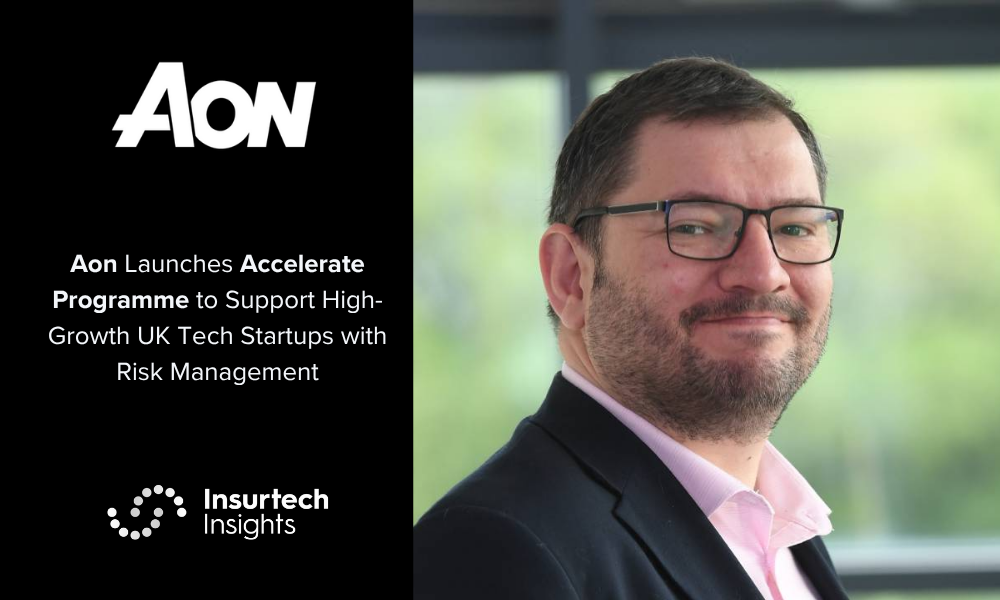Tailored specifically for startups and scale-ups working in fields like artificial intelligence (AI) and automation, the programme goes beyond conventional insurance products. It provides integrated risk management and advisory services that address the complex challenges faced by innovative firms – particularly those whose value is closely tied to intangible assets like intellectual property.
Steve Wilson, Head of Aon’s Accelerate Programme, said the fast-paced nature of the tech sector often forces entrepreneurs to take on significant risks in pursuit of growth. “When operating in hi-tech and innovative environments such as AI, there are possible risks – especially around IP which is vulnerable to theft and infringement – and these can threaten the future viability of a business,” he explained.
Recognising the centrality of IP to many startups, the programme aims to help founders protect their most critical assets while also safeguarding against broader exposures such as cyber incidents, regulatory changes, and operational vulnerabilities. Aon notes that for some of its clients, the total cost of risk can reach up to 3.5% of annual revenue – underscoring the financial imperative of taking a proactive, structured approach to risk assessment.
The Accelerate Programme draws on Aon’s global network of more than 1,500 risk professionals, blending data, analytics, and sector-specific insight to guide founders through the growing pains of scaling a digital business. It also aligns with the firm’s Digital Economy team, which supports businesses navigating the intersection of innovation, regulation, and cybersecurity in areas like platform services, future mobility, and emerging work models.
Aon’s focus on the tech sector has deepened in recent years. The firm previously launched a dedicated insurance programme for data centres and digital infrastructure to address the increasing risks linked to AI, cloud computing, and mission-critical IT systems.
Outside of core insurance services, Aon has also invested in UK workforce initiatives such as its Work Insights Programme, which has reached more than 1,500 students. These efforts are part of a broader push to build a resilient digital economy by developing both talent and trust in innovation-led industries.









